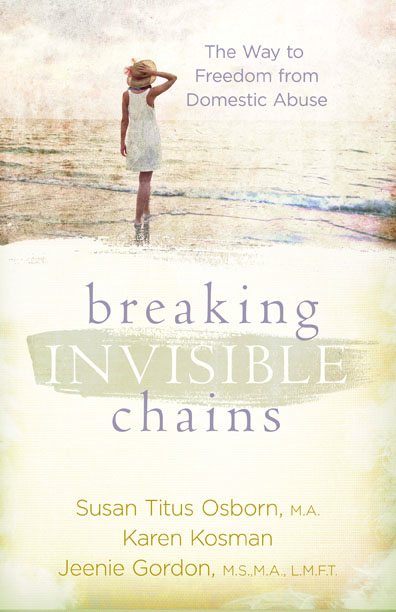When you meet with an editor at a conference, such as the CLASS Christian Writers Conference, you will probably have only 15 minutes to sell him/her on your idea. You want to leave something in his hands so he will remember you after the conference is over. He will have talked to many, many people, and you will want to stand out. You can accomplish this with a “One Sheet.” Also, there may be some editors you cannot get an appointment with. You can find a moment when they are free and hand them your “One Sheet.”
A “One Sheet” is one sheet of paper to hand out to editors that shows a book proposal project— thus the name. I would suggest printing it on your letterhead stationery so it will look professional. It should be single-spaced and done in block format.
It basically includes the same things that a cover/query letter would include and should basically answer four questions:
1. Why are you qualified to write this book?
2. What is it about (told in one paragraph)?
3. Who is your audience?
4. Why will this book be marketable?
Also, make sure the publisher realizes you are familiar with his house and that your book will fit into one of his book lines. If you have accurate statistics, put those in. Here is a sample for one of my recent books:
Wounded by Words
Healing the Invisible Scars of Emotional Abuse
Susan Titus Osborn, M.A.
Karen Kosman
Jeenie Gordon, M.S.,M.A., M.F.T.
Wounded by Words: Healing the Invisible Scars of Emotional Abuse offers hope and healing through Christ from these unseen hurts. Women who have grown up with the harsh reality of verbal abuse understand the pain and suffering it causes. The results of this kind of mistreatment may not cause bruises and other visible injuries, but nevertheless, the scars are there. These scars remain in the heart and mind, causing fear, powerlessness, and dependency.
In Scripture, the stories of Leah, Joseph, Hannah, Job, Abigail, King David, Mary Magdalene, and Mary and Martha demonstrate examples of verbal abuse. How they overcame this invisible destroyer is encouraging to us all. These stories demonstrate how God dealt with emotional abuse in biblical times, and he expects us to deal with this issue today as well.
Accurate statistics are hard to find. But surveys show that emotional abuse exists in marriages and other family relationships, the workplace, nursing homes, college campuses, and many other situations. One out of four women admits to being verbally abused. In one study, 77 % of women reported emotional abuse in combination with physical abuse. In this same study, 43 % experienced emotional abuse as children or teenagers, and 39 % reported verbal abuse in a relationship within the last five years.
Growing up in an alcoholic home, Karen Kosman learned the pain of demeaning, caustic words. Susan Osborn also was verbally abused by her mother. Later both women married men who continued the cycle of emotional abuse. Once again angry, thoughtless words daily eroded their self-esteem. Gradually through Scripture, counseling, and God’s love, healing began. Today, both women are remarried to supportive, Christian husbands, and the cycle of abuse has been broken. Susan is a CLASS speaker and has published 30 books. Karen is an inspirational speaker for church groups. Jeenie Gordon, also verbally abused as a child, has dealt with numerous patients who have been verbally abused in her 20 years as a marriage and family therapist. She has published five books, one of which was a Gold Medallion finalist.
Wounded by Words contains twelve chapters filled with personal stories of people who have experienced verbal abuse. The issues these people have learned to deal with will provide hope and wholeness for those who are in the process of finding answers. We will transition from one story to the next with inspirational thoughts, biblical truths, and practical advice for the reader. We invite you to join our ultimate mission of bringing understanding, hope, and healing to women who are struggling with verbal abuse.
Although a “One Sheet” is basically the same thing as a cover or query letter, the advantage you have by using it is that you don’t have a date on it and you don’t direct it to a specific editor. Often at conferences, you aren’t sure who you will meet with. However if you are e-mailing a query letter to a publishing house, be sure to do it as a letter and address it to a specific editor.


